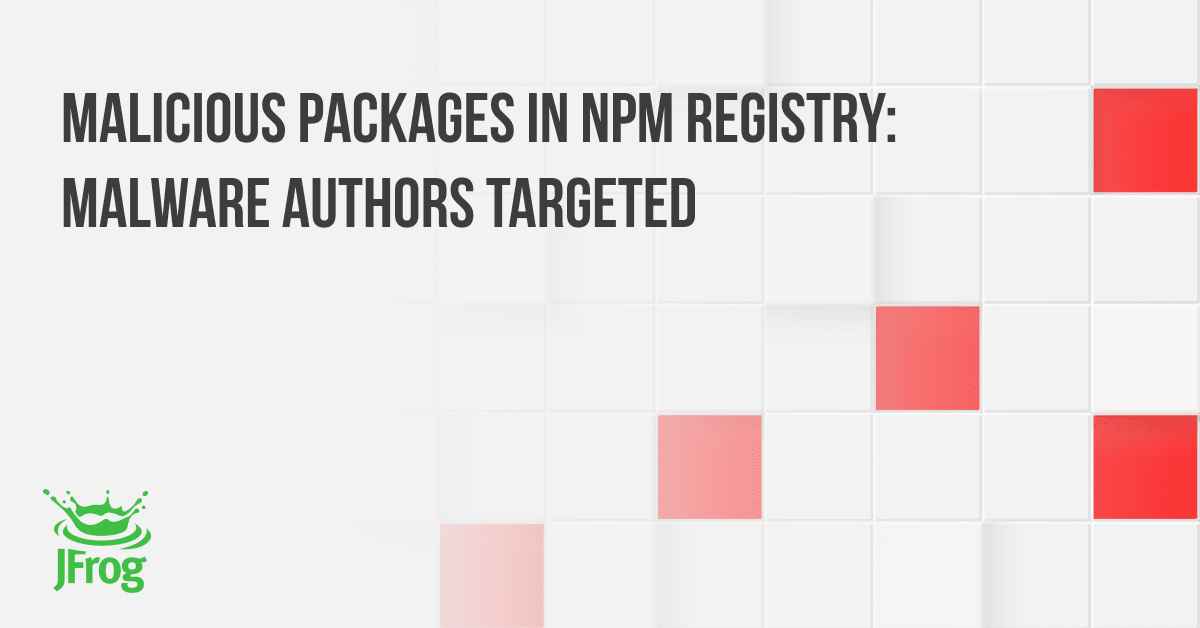The way a non-technical person might see it is that us nerds have had 52 years to figure out how to stop making these kinds of mistakes and we continue to not adopt practices that prevent them. If we're going to make stuff that's so important to people's lives, and we won't do anything about it, the non-technical people outnumber us and are going to do something about it. I would suggest not being so smug about just writing "correct" C, which obviously hasn't worked for fifty years, and solve the problem before they come for us. That's why people are suggesting using Rust.
Look at Boeing.
Look at Boeing.


